Late-spring gardening: Everything to sow, plant and get in the garden this November
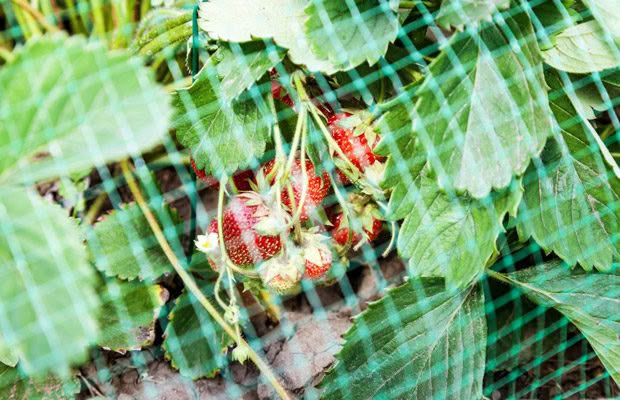
Keep your dream summer harvest in mind when planting out your garden this November.
Words: Jane Wrigglesworth
Growing red amaranth (Amaranthus cruentus) is an easy way to produce homegrown flour, but it’s also tasty roasted, popped, or boiled. Simmer seeds in water for a malty, slightly nutty-flavoured porridge that’s great with fruit and honey.
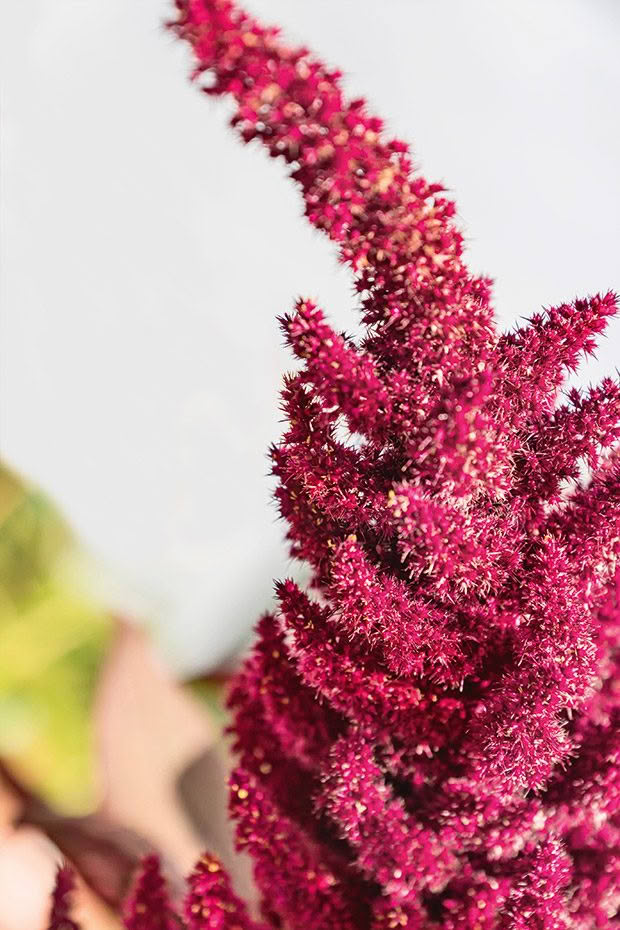
Add it to stock, use it as a rice substitute, or to help thicken jams. Amaranth is mainly wind-pollinated, so plant in blocks to encourage cross-pollination. It’s also drought-tolerant but produces a better crop if you water it during dry periods.
Learn how to grow it from seed here.
Sow or plant Florence fennel in well-drained but moist, fertile soil. Dig in plenty of organic matter before planting to hold moisture. Dry spells, and sometimes dips in temperature, can cause plants to go to seed without forming bulbs. If you have trouble keeping your plants from bolting, sow in mid-summer, so the plant develops the bulb in the cooler months of autumn.
Plant leafy greens for salads, such as lettuces, mustards, and rocket. Sow every two or three weeks for a continuous supply.
Plant globe artichokes for next winter-spring eating. Sow seeds or plant seedlings in deep, humus-rich soil as they have long roots. Apply blood and bone or a liquid fertiliser high in nitrogen, and again a fortnight later. Water well over the summer months.
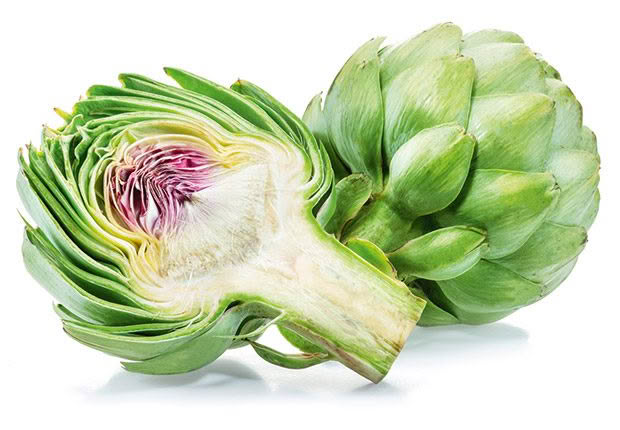
Sow beetroot, zucchini, pumpkins, beans, carrots, chives, radishes, salsify, and turnips directly in the ground.
Sow or plant cucumber seedlings in compost-enriched soil. You’ll get bigger and straighter fruit if the plants are grown up supports and allowed to hang. Insert stakes or a support system at the time of planting.
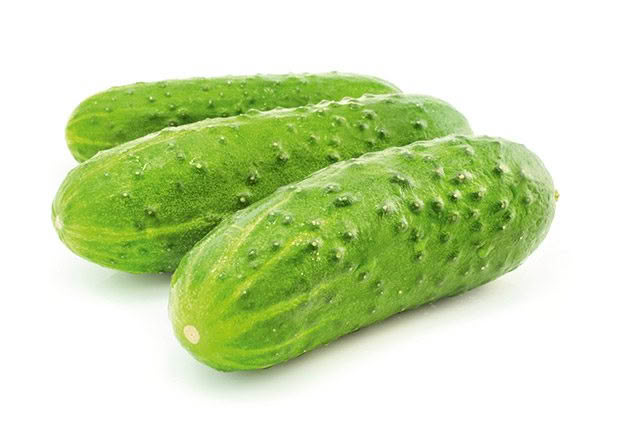
Cover potatoes, strawberries, carrots, parsnips, cabbages, cauliflower, broccoli, kale, silverbeet, bush beans, rocket, Asian greens, lettuce, and herbs with a mesh crop cover. It’s very light – it just sits on top of crops – and has a 0.6mm weave, protecting crops from insect pests. It’s recommended by the Biological Husbandry Unit at Lincoln University.
Funds from The Organic Store support the BHU’s research and training into organic horticulture and agriculture in NZ.
Transplant tomatoes and capsicums. Apply a general garden fertiliser while plants are young. Once plants begin to flower, switch to a specialist tomato fertiliser high in potassium to encourage continuous flowers and fruit.
Sow leaf amaranth (Amaranthus tricolor, different from the grain-producing plant) as a warm-season, highly nutritious spinach substitute. Use younger leaves in salads and sandwiches. Steam older leaves, or add to stir-fries.
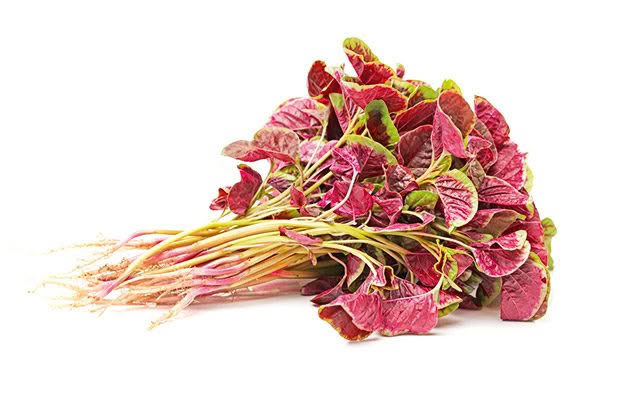
Love this story? Subscribe now!
 This article first appeared in NZ Lifestyle Block Magazine.
This article first appeared in NZ Lifestyle Block Magazine.
